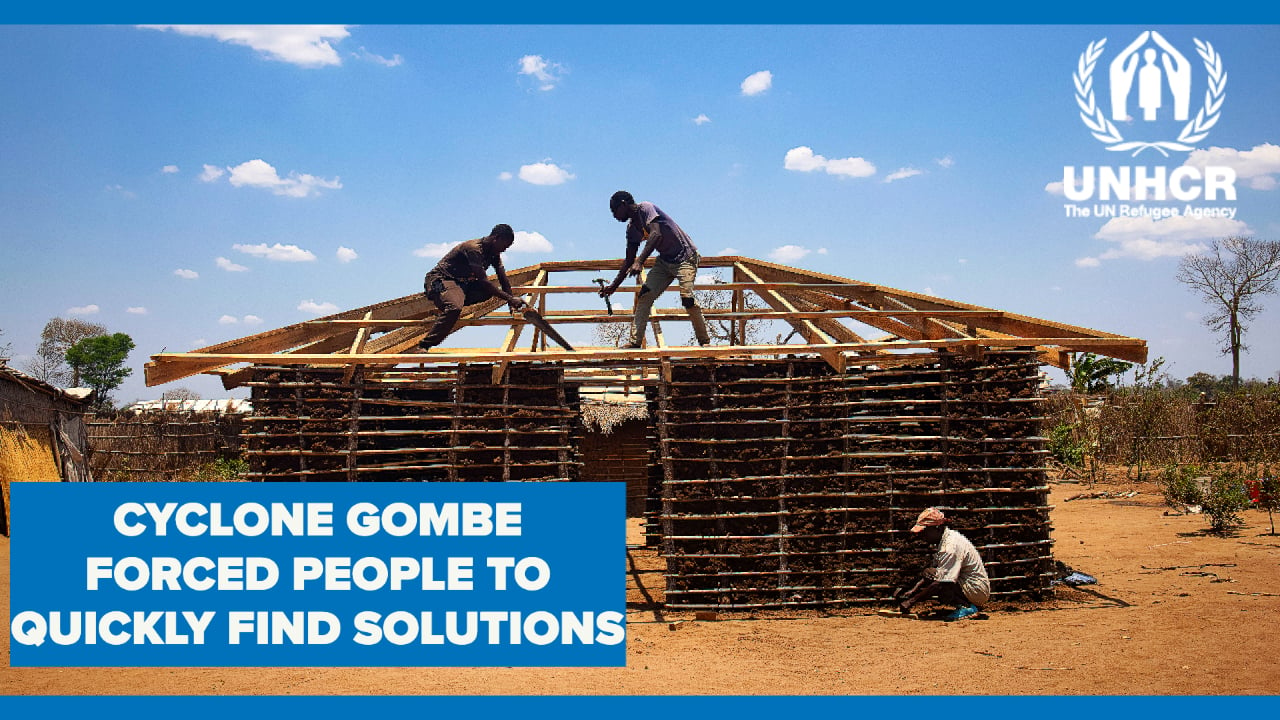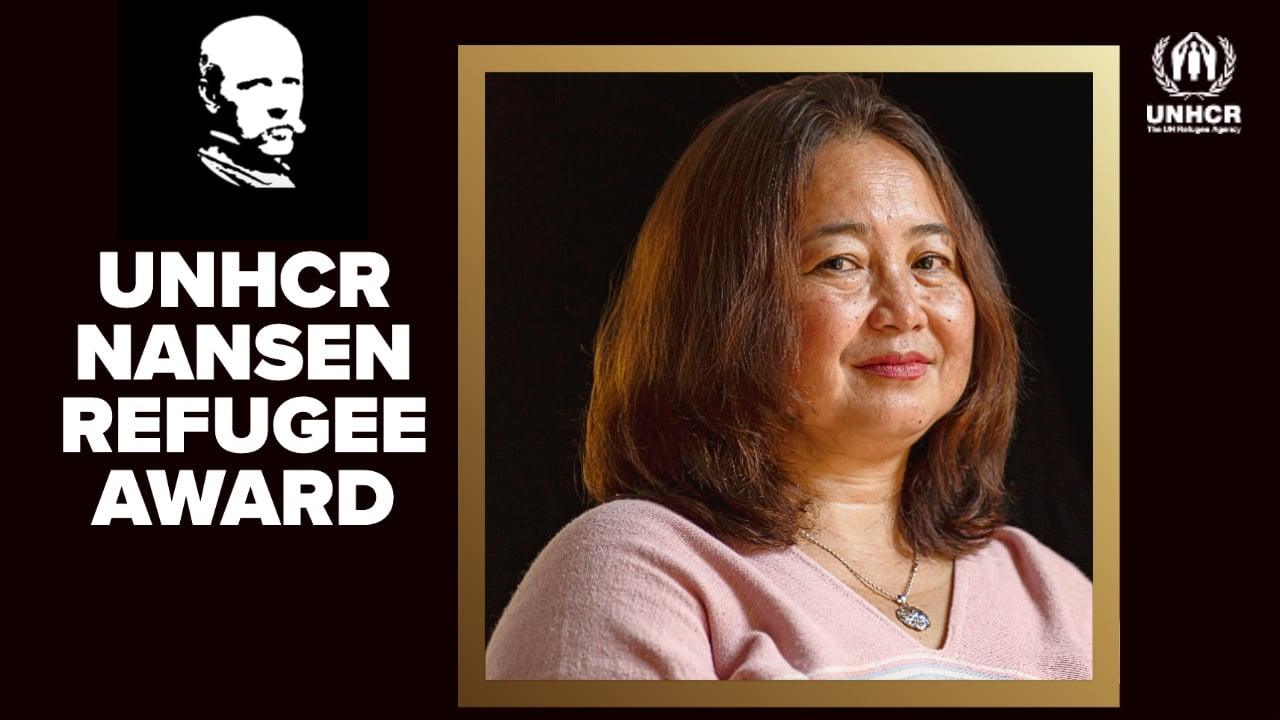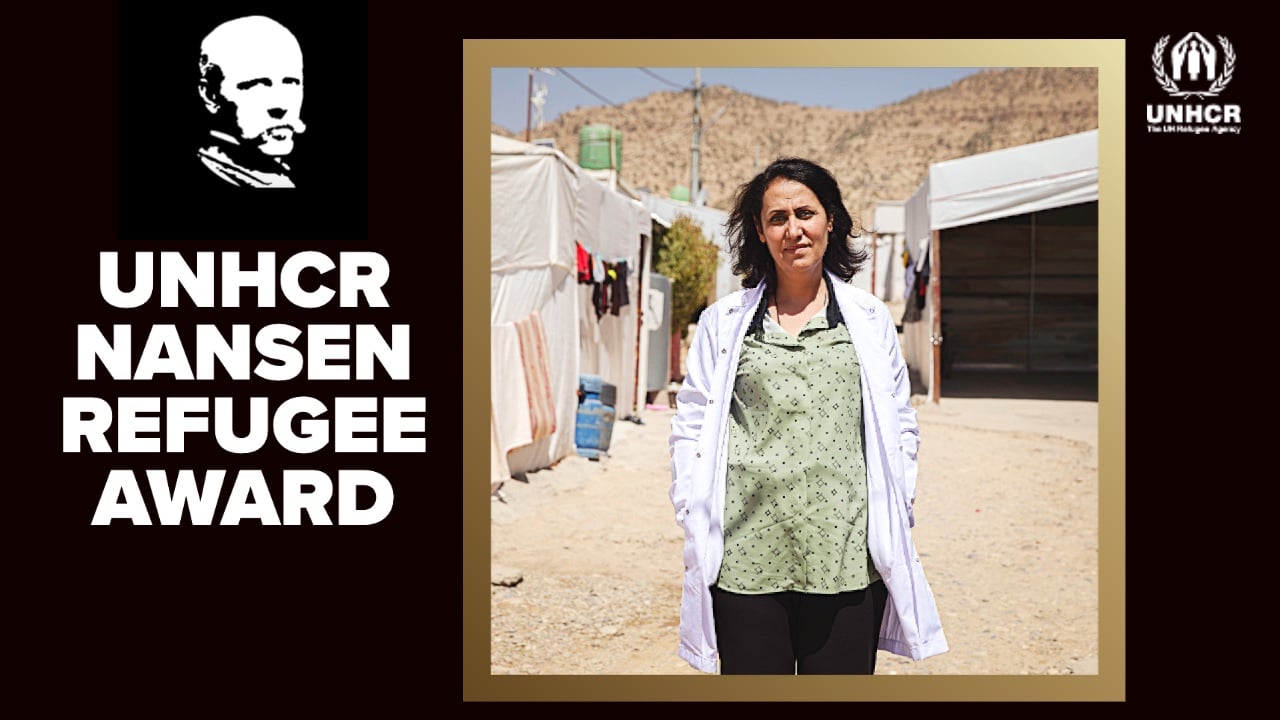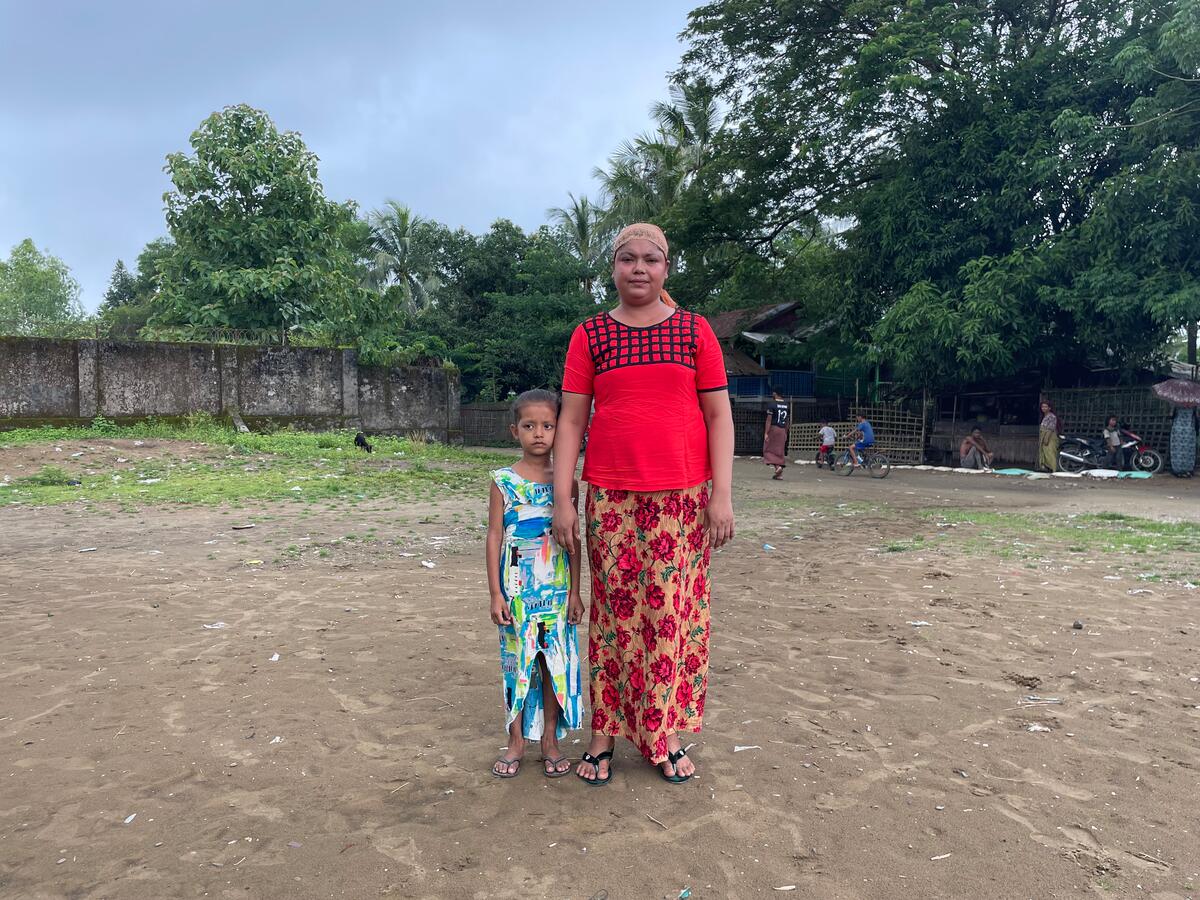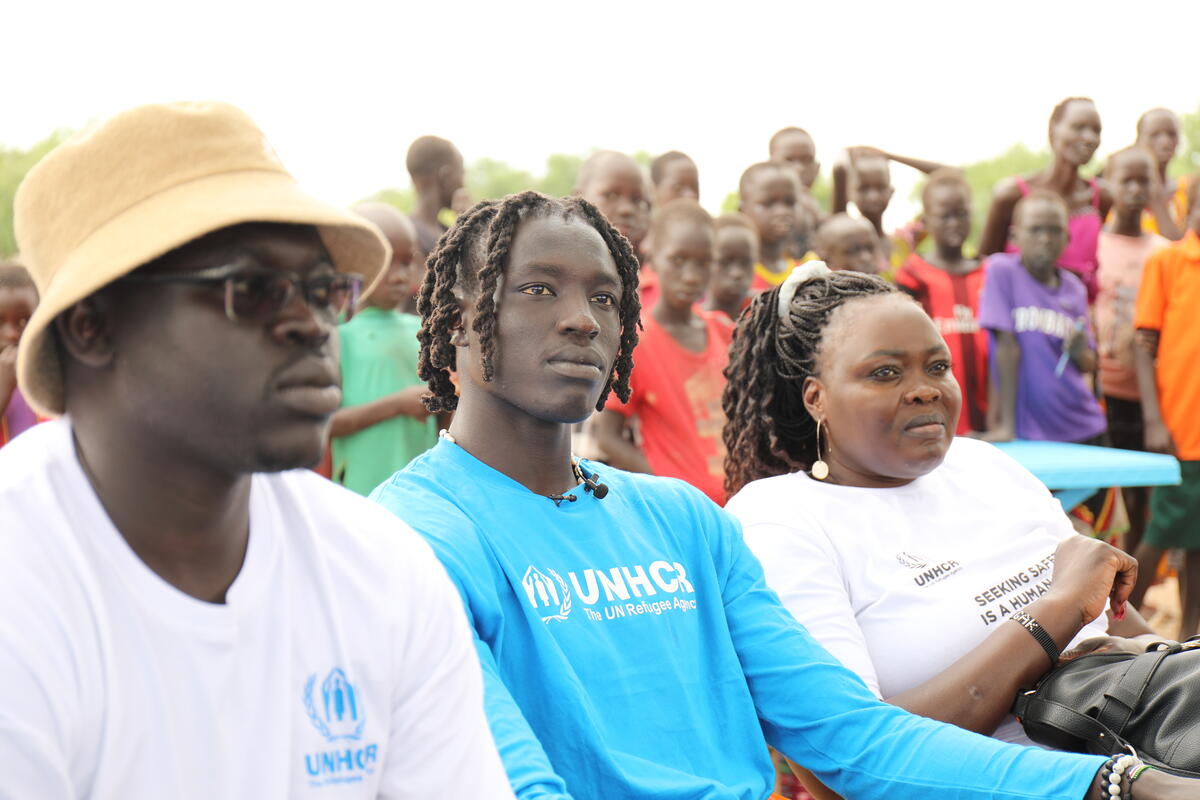Horn of Africa Update
Horn of Africa Update
Repatriation of Eritrean refugees from Sudan
Following the cease-fire between Ethiopia and Eritrea, which was signed in Algiers on June 18, UNHCR organised a voluntary repatriation programme for the estimated 90,000 Eritrean refugees who have been in camps in eastern Sudan since mid-May. The repatriation started on July 25, following the signing of an agreement between the governments of Sudan and Eritrea and UNHCR. Spontaneous returns had already taken place since mid-June, with more than 5,000 people de-registered by UNHCR upon leaving the camps in Sudan.
As of 9 August more than 21,000 people, or over 6,300 families, had returned home from the three camps in Sudan's eastern Kassala state. The movement has been especially intense from Shagareb, a camp 70 kms from the border, where more than 12,000 of the 17,000 who had registered have already returned. The figures for returnees stand at 5,500 and 2,500 for Lafa and Gulsa, respectively. UNHCR's massive return programme uses more than 200 trucks for the daily return trips. Despite minor delays due to heavy rains in the first week of repatriation, the operation has been very successful with no major incidents reported. People are boarding trucks together with their personal belongings, including furniture, small livestock and chickens, as well as cooking utensils, tents or plastic sheets which were distributed in the camps. Returnees receive a 2-month food ration from the World Food Programme before leaving. According to the repatriation agreement, they cross the border at designated border points. Customs taxes or fees are waived. People are returning to areas judged safe inside Eritrea. Most are heading for the towns of Guluj, Tesseney, Gergef and Tebeldia in south-western Eritrea. So far, priority has been given to people returning to home villages and towns. Those who come from still-occupied territories will be accommodated in transit camps if the situation does not allow them to return home. The Eritrean Relief and Refugee Commission (ERREC) and UNHCR have identified partner NGOs who will be operating in the Gash-Barka zone. International Medical Corps provides medical services to returnees from Sudan. The International Catholic Migration Commission will concentrate on the delivery of non-food items to families in their homes according to their needs.
Eritrean IDPs also returning home
Thousands of Eritreans who had been internally displaced because of the war have also started returning home after the signing of the cease-fire. These returns are taking place mainly in the safe and accessible areas of the Gash-Barka and Debub regions. In Gash-Barka alone, in the south-west of Eritrea, it was estimated that 550,000 persons were displaced by the conflict. As many as 14,000 people were reported to have returned to Tesseney by mid-July and some 11,000 to Guluj, but many more are on their way. The key bridge leading into Tesseney was rebuilt and this facilitated the transport of people and supplies into the town. Shops have also been reopening. However, many properties have been destroyed and looted and up to two-thirds of the total number of livestock may have been lost in the war. A major portion of the best agricultural land remains under Ethiopian occupation. Nevertheless, many of the returnees are farmers who hope to be able to plant something before the rainy season is over.
Meanwhile, a number of people are still arriving daily from Ethiopian-occupied zones and joining the IDP population in the camps. Some of these camps are overcrowded. According to ERREC, Adi Kashi area in the Gash-Barka region holds as many as 44,000 people, 35, 000 of whom are in the camp itself and the balance scattered in the immediate surroundings. The Alba camp in the Debub region is reportedly receiving several hundred new people daily. There are 16 camps for IDPs scattered in Debub, Gash-Barka and the Northern Red Sea region, plus an estimated 14 "tentative sites" which have no infrastructure. Food, shelter, water and sanitation continue to be issues of concern in most of the camps.
More supplies arriving in Eritrea by ship
UNHCR is bringing more supplies to help the displaced in Eritrea. Tents, soap and clothes have been brought by ship. Two thousand fully equipped shelter kits, composed of USAID plastic sheeting with wooden frames, have been delivered to Adi Kashi. A substantial number have already been erected. An additional 6,000 shelter kits are being procured locally under the voluntary repatriation programme, together with sanitary napkins, plates and griddles.


